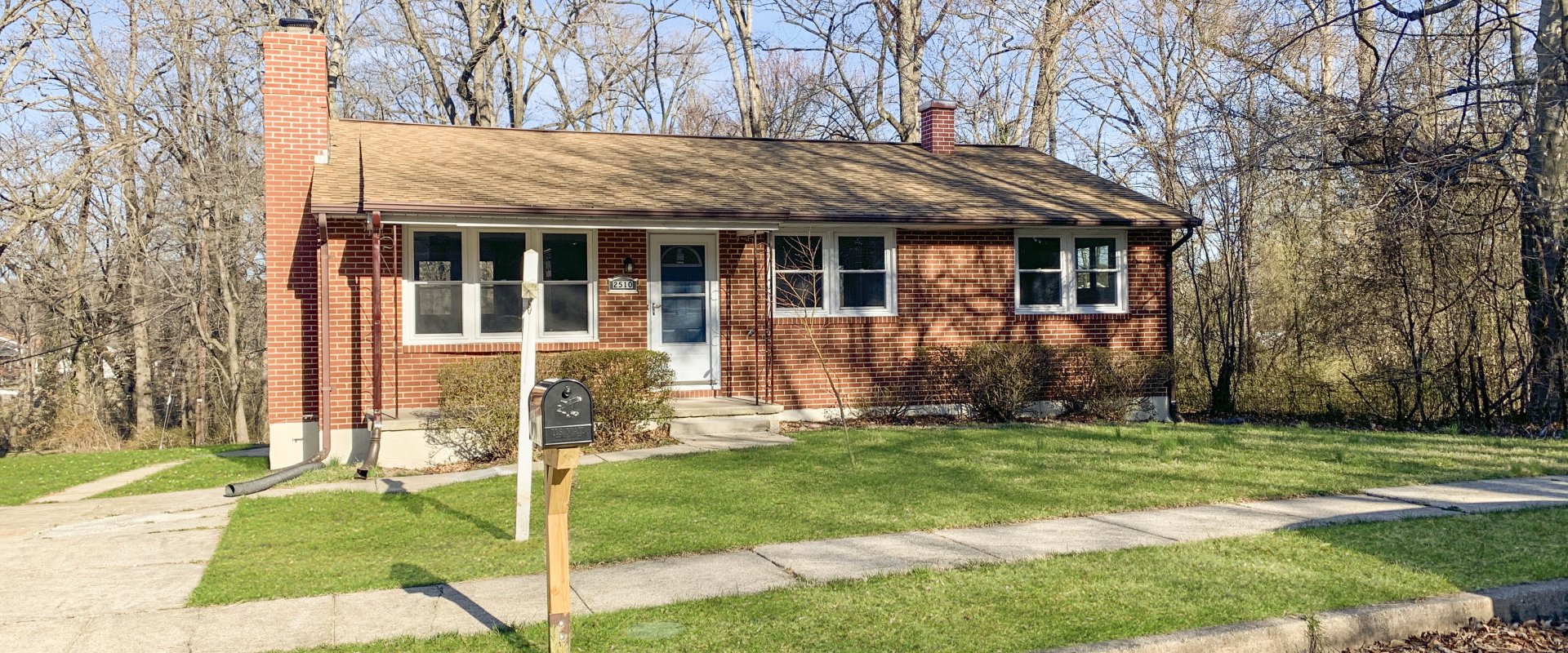As an investment property owner, you might have to one day evict bad tenants. The process isn’t exactly fun, but you should know how it works. Learn more about the process in our latest post!
Let’s face it, evictions happen. There is always that one tenant who isn’t holding up their end of the deal, yet they refuse to leave the property. This is when you need to bring in outside help. Keep reading to learn more about how to evict a bad tenant in Baltimore!
Before you consider evicting someone, try to think of other ways to resolve the issue. Many problems can be solved without the time and cost of evicting them. You can also think of some ways to convince them to move on their own. For example, you could raise the rent if their lease is up or you could to choose to now renew their lease. Just make sure that anything you do falls within the legal bounds of being a landlord. If you have spoken to them, addressed the issues and are still having problems, you should then think about eviction. It should only be done as a last resort as the time and cost aren’t really in your best interest.
Going through the eviction process is one of the most frustrating things a landlord will have to deal with. It is crucial that you adhere to all procedures and do things the right way. You don’t want to give your tenant any “outs” when trying to evict them from your home. All proceedings must be done timely and according to the law where your property is located. Review the Landlord Tenant Act to make sure you are in compliance. You can never do things such as changing the locks, turning off the utilities, or harassing them in any manner. While these might be the things you want to do, doing these kinds of things is against the law, and will only give your tenant more ammo if you end up going to court. Below are the basic steps for filing an eviction notice in Baltimore.
Make Sure Your Reason Is Valid
According to the courts, you need to have a good reason for giving them the boot. Document everything to show what they have done and your attempts to resolve the issue. Some valid reasons would include damage to the property, not paying rent as scheduled, they are a nuisance to the neighbors or they have otherwise violated the lease.
Give Written Notice
Include the date, planned date you will file an eviction, and the time they will have to correct the problem if applicable. Give to the tenant personally and if that isn’t possible, leave it on their front door.
File The Eviction At Your Local Courthouse
You will need to file the necessary paperwork, pay the filing fee and request a court date. It isn’t always a fast process, so be prepared to deal with stubborn tenants for the next few weeks.
Prepare Your Case
Gather all documents such as proof of non-payment, repair bills, neighbor statements, any records of communication between you and the tenant. Don’t leave anything out. Come to the courtroom prepared. If your tenant is making the effort to stay in the property, they will likely be preparing their side of the argument as well.
The Eviction
Depending on where you live, the tenant will have 2-5 days to vacate the property. If they don’t, this is when you call the police to have them physically removed from the property. Hopefully, you never have to have things go this far.
When owning a rental property in Baltimore, the benefits far outweigh the things that can go wrong. However, as with any investment, it is always best to be prepared for any situation that may arise.

